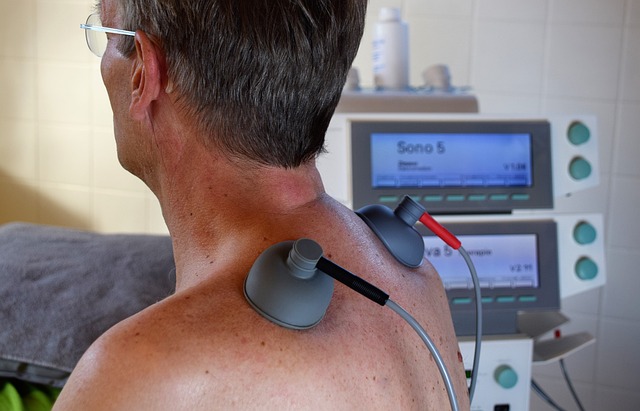Diabetes Clinical Trials: Advancing Treatment and Hope for Patients
Diabetes clinical trials offer patients a chance to access emerging treatments while contributing to scientific progress. If you're living with Type 1 or Type 2 diabetes, these studies could help identify therapies that better manage blood sugar and improve quality of life.

What are diabetes clinical trials?
Diabetes clinical trials are research studies that investigate new treatments, medications, or interventions for managing diabetes. These trials are designed to evaluate the safety and effectiveness of potential therapies before they become widely available to the public. Researchers conduct clinical trials to test various aspects of diabetes care, including new insulin formulations, glucose monitoring devices, lifestyle interventions, and even potential cures for both Type 1 and Type 2 diabetes.
Why are clinical trials for diabetes important?
Clinical trials are essential for advancing diabetes treatment and care. They provide valuable insights into the effectiveness of new therapies and help researchers understand how different interventions affect diverse populations. By participating in clinical trials, patients contribute to the development of potentially life-changing treatments that could benefit millions of people living with diabetes worldwide. Additionally, these studies often lead to improved diabetes management strategies and a better understanding of the disease’s underlying mechanisms.
How can patients benefit from participating in type 2 diabetes trials?
Participating in type 2 diabetes trials can offer several benefits to patients:
-
Access to cutting-edge treatments: Clinical trial participants may have the opportunity to try new medications or therapies before they become widely available.
-
Closer medical monitoring: Patients in clinical trials often receive more frequent check-ups and comprehensive health assessments than they would during routine care.
-
Contributing to scientific progress: By participating in a trial, patients play an active role in advancing diabetes research and potentially improving care for future generations.
-
Improved understanding of their condition: Through the trial process, participants often gain valuable insights into their own health and diabetes management.
-
Potential cost savings: Some clinical trials may provide medications, supplies, or medical care at reduced or no cost to participants.
What types of diabetes clinical trials are currently underway?
Researchers are conducting various types of diabetes clinical trials, focusing on different aspects of the disease and its management:
-
New medication trials: Testing novel drugs or improved formulations of existing medications for better blood sugar control.
-
Technology-based interventions: Evaluating advanced glucose monitoring systems, insulin pumps, and artificial pancreas technologies.
-
Lifestyle intervention studies: Investigating the impact of diet, exercise, and behavioral changes on diabetes management and prevention.
-
Stem cell therapies: Exploring potential cures for Type 1 diabetes through stem cell transplantation or regeneration of insulin-producing cells.
-
Combination therapy trials: Assessing the effectiveness of combining different medications or treatment approaches for improved outcomes.
-
Prevention studies: Investigating methods to prevent or delay the onset of Type 2 diabetes in high-risk individuals.
How can individuals find and participate in diabetes clinical trials?
If you’re interested in participating in a diabetes clinical trial, consider the following steps:
-
Consult your healthcare provider: Discuss your interest in clinical trials with your doctor, who can provide guidance and potential referrals.
-
Search online databases: Websites like ClinicalTrials.gov offer comprehensive listings of ongoing studies.
-
Contact diabetes research centers: Reach out to local universities or hospitals with diabetes research programs for information on current trials.
-
Join patient advocacy groups: Organizations like the American Diabetes Association often share information about clinical trial opportunities.
-
Attend diabetes conferences or events: These gatherings can provide valuable information about ongoing research and trial recruitment.
When considering participation in a clinical trial, it’s essential to thoroughly review the study’s requirements, potential risks, and benefits. Ask questions and ensure you fully understand the commitment involved before agreeing to participate.
Diabetes clinical trials offer hope for improved treatments and potential cures while providing patients with opportunities to access cutting-edge therapies. By participating in these studies, individuals with diabetes can play an active role in advancing scientific knowledge and potentially improving their own health outcomes. As research continues to progress, clinical trials will remain a crucial component in the ongoing fight against diabetes and its complications.
This article is for informational purposes only and should not be considered medical advice. Please consult a qualified healthcare professional for personalized guidance and treatment.




